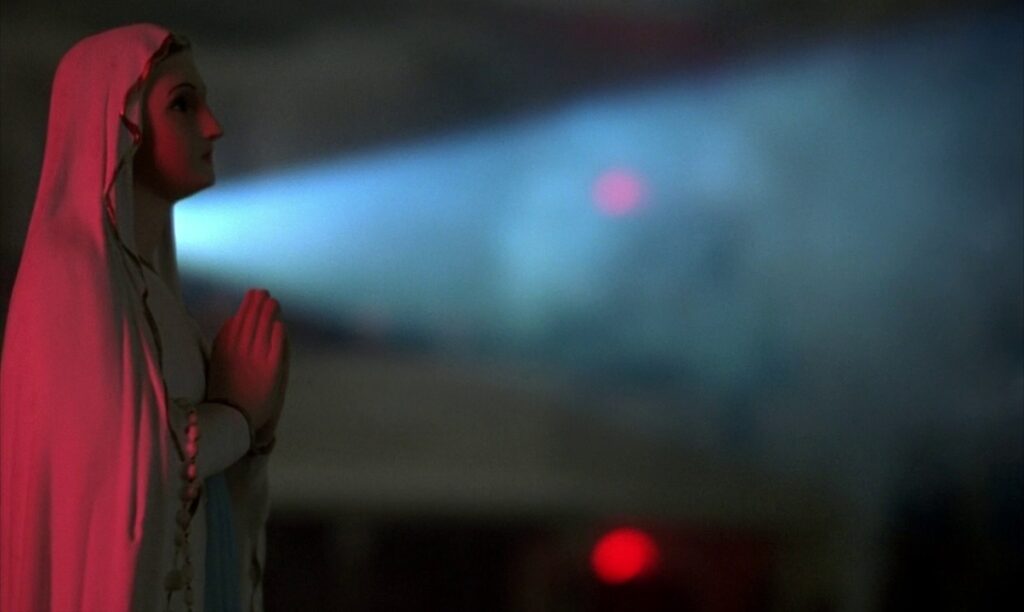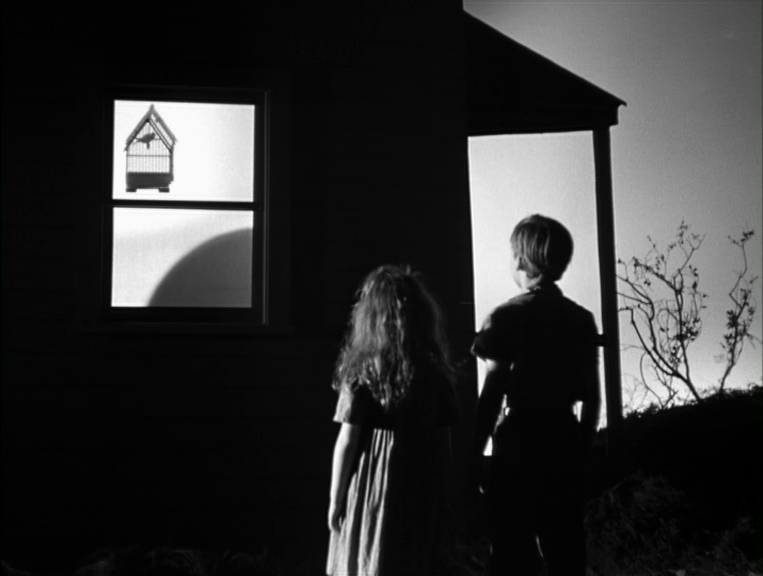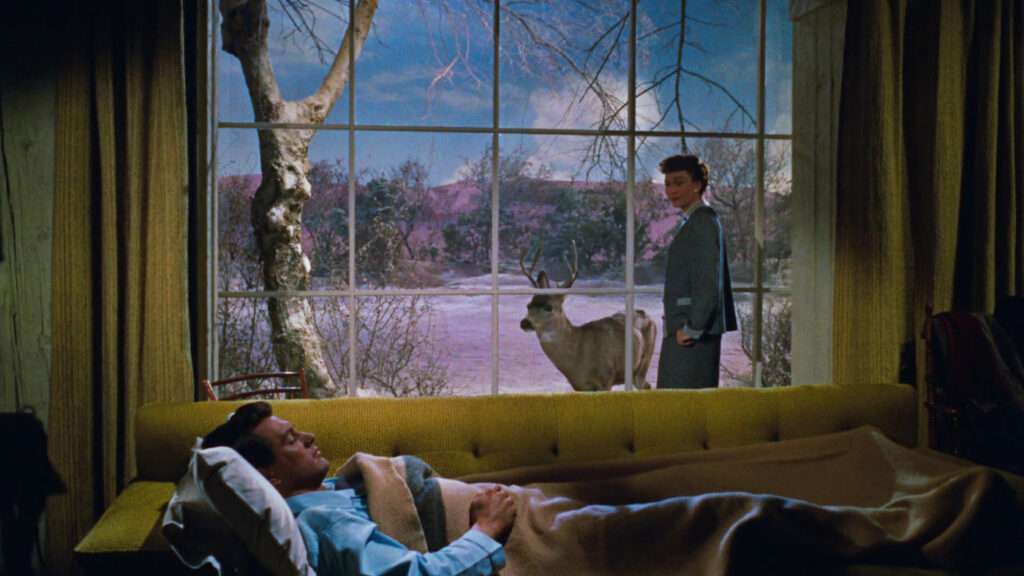“Cinema Paradiso,” directed by Giuseppe Tornatore, stands as a timeless masterpiece that captures the essence of cinema and its profound impact on our lives. Released in 1988, this Italian film beautifully portrays the transformative power of movies and serves as the ultimate love letter to cinephiles worldwide. In this article, we will explore the reasons why “Cinema Paradiso” holds a special place in the hearts of film enthusiasts and why it continues to resonate with audiences decades after its release.
“Cinema Paradiso” takes us on a nostalgic journey, reminding us of the enchantment and joy movies bring to our lives. Set in a small Sicilian village, the film follows the story of a young boy named Salvatore, who develops an unbreakable bond with the local cinema projectionist, Alfredo. Through Salvatore’s eyes, we witness the transformative power of film, as the cinema becomes a sanctuary and a place of refuge from the challenges of daily life. The film’s portrayal of the magic of cinema resonates deeply with cinephiles, who are captivated by the way movies can transport us to different worlds and evoke a range of emotions.
The Love and Passion for Movies
“Cinema Paradiso” celebrates the love and passion that cinephiles have for the art form. The film depicts the universal language of cinema and its ability to transcend cultural and linguistic barriers, uniting people from diverse backgrounds. Through Salvatore’s journey, we witness his unwavering dedication to film, from his early fascination as a young boy to his pursuit of a career in the industry. This portrayal of the deep connection between Salvatore and the medium he adores strikes a chord with cinephiles, reminding us of our own adoration for cinema and the impact it has on our lives.

The Power of Storytelling
At its core, “Cinema Paradiso” is a celebration of storytelling. The film showcases the profound influence that movies have on shaping our identities, relationships, and memories. Through the carefully curated selection of films shown at the local cinema, we witness the transformative impact of narratives on Salvatore and the village community. The film highlights the ability of stories to inspire, heal, and bring people together, reinforcing the notion that cinema has the power to touch our souls.
The Artistic Craftsmanship
“Cinema Paradiso” is a visual and auditory masterpiece that showcases the artistry and craftsmanship involved in filmmaking. The exquisite cinematography, coupled with a mesmerizing musical score by Ennio Morricone, creates an immersive experience that captivates cinephiles. The film skillfully employs various cinematic techniques, such as flashbacks and montages, to evoke emotions and enhance the storytelling. This resonates with cinephiles who appreciate the art form and recognize the dedication required to create such cinematic beauty.

The Bittersweet Reflection on Life
One of the reasons “Cinema Paradiso” resonates with cinephiles and audiences alike is its bittersweet reflection on life and the passing of time. Through Salvatore’s nostalgic return to his hometown as an adult, we witness his journey of self-discovery and the realization that life, like cinema, is a fleeting and fragile experience. The film prompts contemplation on the power of memories, the choices we make, and the impact they have on our relationships and personal fulfillment. This poignant reflection on life’s ephemeral nature strikes a chord with cinephiles, who often find solace and introspection in the stories told on the silver screen.

Conclusion
“Cinema Paradiso” stands as the ultimate love letter for cinephiles, capturing the essence of cinema’s magic, the love and passion for movies, the power of storytelling, the artistic craftsmanship involved in filmmaking, and the bittersweet reflection on life. Giuseppe Tornatore’s masterpiece continues to capture the hearts of audiences worldwide, reminding us of the transformative power of movies and their ability to shape our identities, connect us with others, and transport us to different worlds. Through its nostalgic portrayal of the universal language of cinema, “Cinema Paradiso” serves as a testament to the enduring love affair between cinephiles and the art form they cherish.




